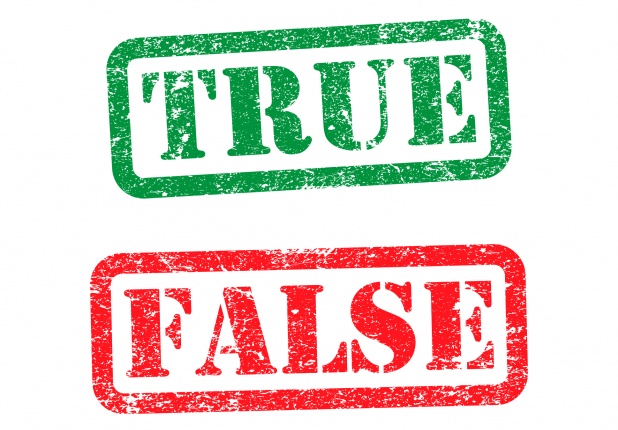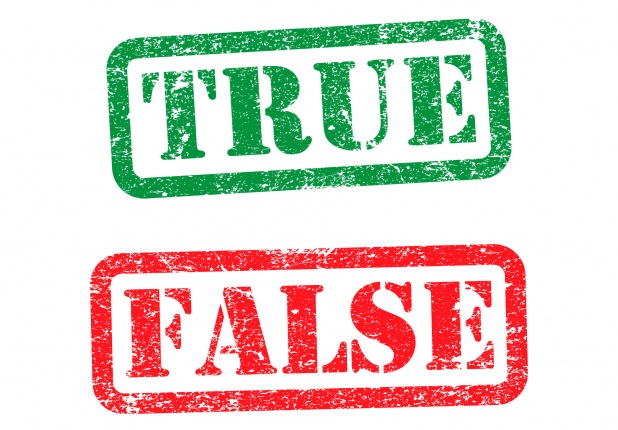You’re Gonna Need A Bigger Boat: Data Management and E Discovery Strategy
“You’re gonna need a bigger boat.”
This iconic line was uttered by Chief Brody in the 1975 blockbuster film Jaws when he first saw the massive size of the shark they were trying to catch. At that moment, Brody realized they were in completely over their heads, and the boat they had was not big enough to accomplish their task. While Quint’s Orca fishing boat and his traditional methods were capable of handling previous assignments, they were not going to be enough to take on the enormous shark they were chasing.
For better or worse, the digital environment we live in has resulted in an explosion in the number of documents and amount of information created and used by companies in their daily operations. A mid-sized company’s internal emails alone can run into the tens of thousands a day, and that is before factoring in reports, meeting minutes, studies, presentations, and other business documents. Adding in external emails and related attachments, you are looking at millions of documents a year. Because of this increased volume of data, companies dealing with potential litigation must adjust accordingly.
Like Brody, they need a bigger boat. An effective e-discovery strategy can provide companies with a bigger boat capable of handling even the most massive litigation matters.






